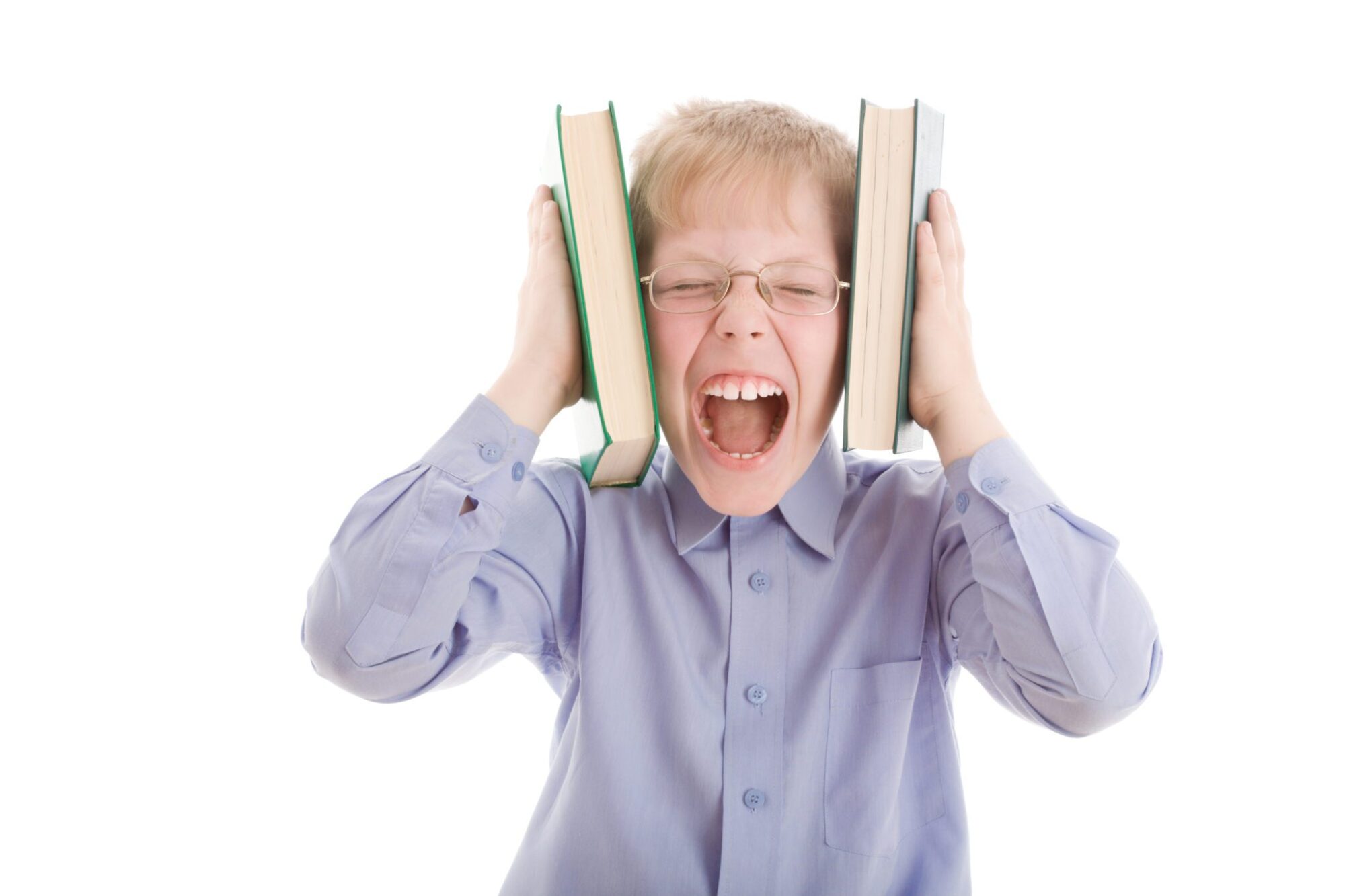Many years ago the promise of the sexual revolution and cultural change was to relieve the youth of the problems foisted upon them by a generation of prudes who did not know how to have fun and simply let things go. Well, we have let things go for a very long time now and the mental and emotional pressures upon our youth have not been relieved but made worse. Children have had the opportunity, indeed the obligation, to invent themselves over and over again throughout their lives and the result has not been healthier or more well-adjusted or less troubled children but just the opposite.
Of course there were youth in the past who did not like or seem to fit into the structures of sexual identity, marriage, and family that were the normative boundaries of the past. Some had been homes and parenting and others did not. It always was and will be the case. Structures are not in themselves restrictive but can actually be constructive. Exploration can be helpful to development but it can also distract from that development when it consumes the individual. But with the freedom to explore has come also the burden of defining for yourself such things. What in the past were clear answers are now open questions and the bar seems to keep moving as the answers are laid down by this generation or that.
I believe that the fault for the precarious mental and emotional state of youth has more to do with the breakdown of the home and family and its replacement of certainty with unpredictability, thus rendering the lives of the youth (and the adults) even more precarious and susceptible to the relentless change, doubt, and fear in the moment. When we offer to children adult choices and thrust upon them adult decisions, we only make their lives worse. When we deprive them of boundaries, of routines, and of play, we also deprive them of the very foundation and support that true exploration requires. When we force them to make choices about such things as sexual desire or gender, we steal from them the ordinary choices that belong to play and childhood development.
The use of screens as babysitting has also robbed our children of the play through which they begin to learn their roles and identities as men, women, husbands, wives, parents, children, and productive members of society. Role playing games and other such things may be interesting but they often are also addictive and distracting from the ordinary and routine circumstances of life. This play was, in the past, one of the profound ways in which children were socialized and began from a young age to practice and rehearse what would become their roles and identities in earnest when they grew up. Studies tell us today that fewer and fewer children plan to marry or have children. Did these children come to this conclusion on their own or did they learn it by failing to learn these roles through play and by failing to see them lived out in the homes in which they grew up.
Sadly, what passes for play today has an agenda that burdens youth with adult sized issues -- from the so-called constructive play of television programs that might be deemed educational to the promotion of values currently in vogue with society. Children play less with their imaginations than with the imaginations of the writers and developers of the programs or games. This is the problem. Imagination is the arena in which children begin to see themselves as adults, playing out and practicing for adulthood. Far from pigeonholing the children into ill-fitting roles that would constrain them, such play helps them explore how they fit into the world around them, rehearsing in play for the shape of their future lives.
Liberation comes with a down side and I am convinced that the down side our children are suffering is the angst, anxiety, depression, and despair of having their childhood stolen from them by adults who wish they were children. You cannot blame this on traditional values, on constrictive family structures or on religious oppression. The fault lies squarely with those who thought less was more when it came to parenting and the solution does not lie with more medication.

No comments:
Post a Comment